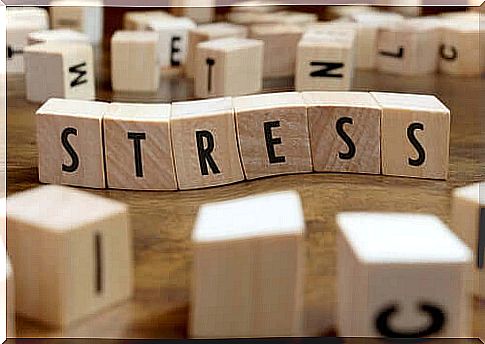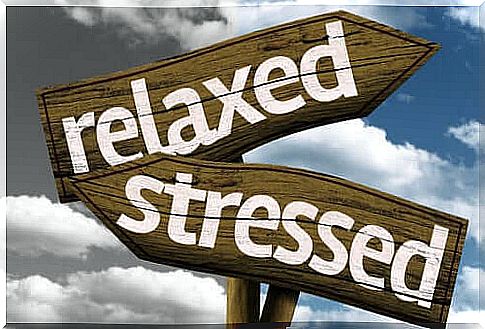The Risk Of Burnout Among Healthcare Professionals

Working in healthcare can be demanding. Healthcare professionals have the constant task of maintaining and restoring human health and this can be very stressful. Therefore, burnout is unfortunately common today among healthcare professionals.
In 1943, the American psychologist Abraham Maslow placed human health at the top of his hierarchy of needs, alongside such physiological needs as sleep, food, air, and so on. In addition, he ranked physical security in second place, as part of the group of security needs.
In other words, healthcare is very important. And being in poor health, or perceiving that you are, can cause anxiety, give rise to a feeling of insecurity or make the person concerned feel threatened.

Causes of burnout among healthcare professionals
Hospitals are places where many emotional scenes can take place. Patients and their families can experience intense emotional reactions, which can also have an effect on caregivers. Studies have shown that the main stressors that affect caregivers are:
- Work schedules.
- The treatment of sick individuals who can sometimes experience crises.
- The feelings that arise when a patient dies.
- Legal proceedings against them.
Other people working in healthcare also point to the following factors:
- To be the bearer of bad news to people who are already in a vulnerable situation.
- The patient’s high expectations of doctors and healthcare.
- Working under time pressure in stressful situations.
- Workload.
- A lack of medical resources for the treatment of patients.
It is worth mentioning that healthcare professionals can also be affected by the stress in their personal lives. The most common and well-known reason is the balance between work and private life and the relationship between these. There are strategies they can use to reduce their stress levels, because stress can prevent them from doing their jobs.

Strategies to reduce burnout among healthcare professionals
Burnout among healthcare professionals can have the following effects:
- Low job satisfaction.
- Deteriorated working environment.
- Low work quality.
- Higher sickness absence.
- Change of career choice.
- Passive aggression towards patients.
New approaches, work hierarchies and methods can have positive effects. But people who work in health care can also develop certain skills to deal with work-related stress.
Communication skills
A recent study on burnout among healthcare professionals sought to see if there was a link to the ability to communicate. In summary, the study revealed that health care workers with good communication skills showed less emotional exhaustion. In addition , they experienced greater personal satisfaction from their work.
And communication skills are not something that only benefits healthcare professionals; it can also have a positive impact on patients. The communication between the caregiver and the patient is an important part of the healing process. It instills mutual trust and enhances the clinical experience.
The therapeutic relationship
Studies have shown that the better the therapeutic relationship, the better the clinical results. This is due to the following factors:
- Better diagnostic options when knowing the patient’s psychosocial variables.
- Increased placebo effect.
- A greater commitment to follow the treatment.
- Realistic treatment options by letting the patient be involved in the decision-making process.

Emotional intelligence
There is an inverse relationship between emotional intelligence and work-related stress. Most studies mainly analyze nurses. The studies indicate that the higher an individual’s emotional intelligence is, the less stress he or she will suffer. These results can also be used in other medical contexts.
One way to improve emotional intelligence is to use emotion regulation. How does it happen? In psychology, emotion regulation is considered a fundamental process for achieving emotional intelligence. With the help of emotion regulation, you can control and manage your emotions in stressful situations.
In other words, it is obvious that healthcare professionals are exposed to a lot of stress. Many times, these professions are forced to adapt to external circumstances. But that does not stop them from working on things they can control.









